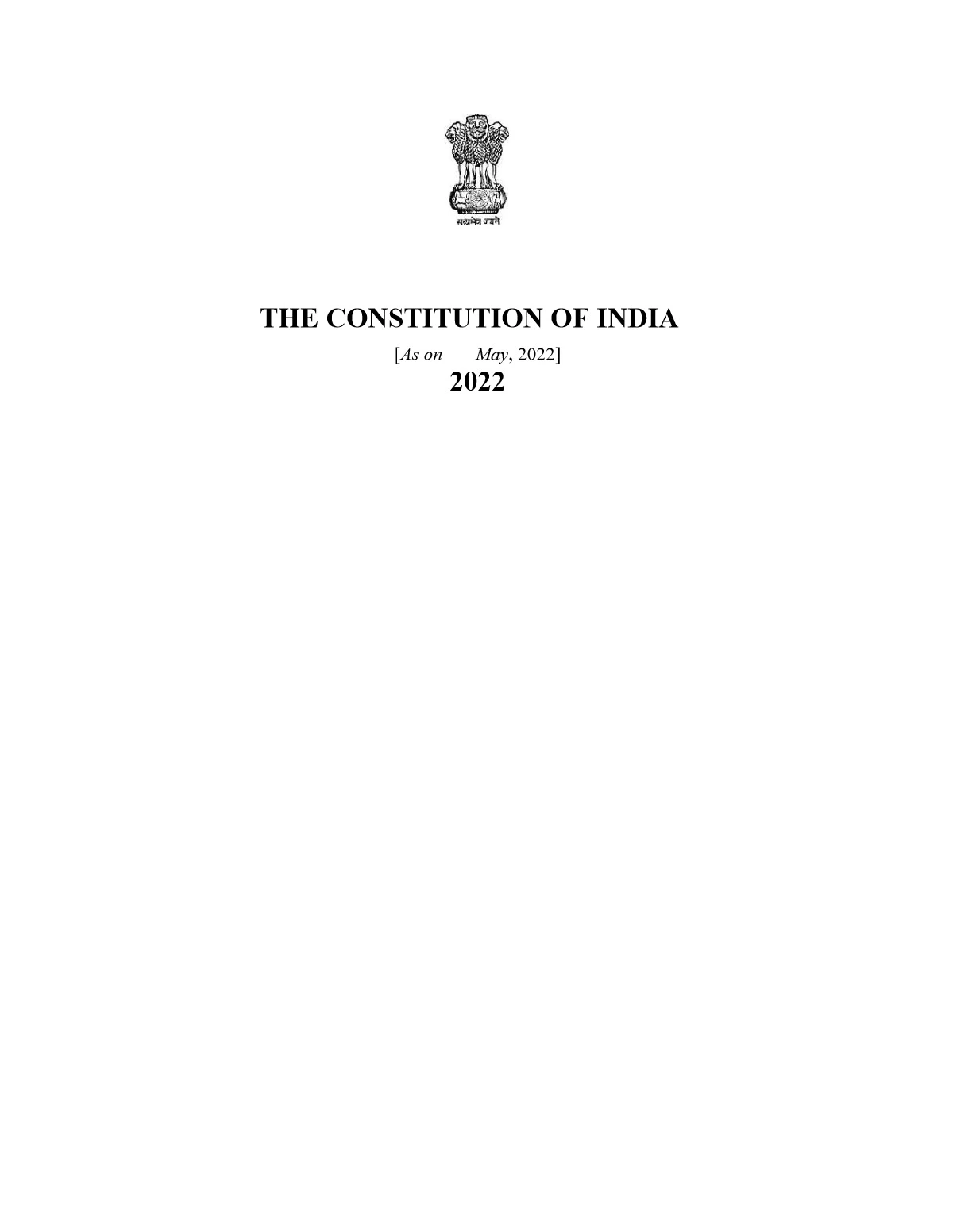
The Constitution of India Original Book
This is the fifth pocket-size edition of the Constitution of India in the diglot form. In this edition, the text of the Constitution of India has been brought up to date by incorporating therein all the amendments up to the Constitution (One Hundred and Fifth Amendment) Act, 2021.
The Constitution of India Original Book – Key Features
- Preamble: The Preamble outlines the objectives of the Constitution, including justice, liberty, equality, and fraternity.
- Fundamental Rights: These are enshrined in Part III of the Constitution and guarantee individual liberties such as the right to equality, freedom of speech and expression, freedom of religion, and the right to constitutional remedies.
- Directive Principles of State Policy: These are laid down in Part IV of the Constitution and provide guidelines for the government to establish social and economic justice and promote the welfare of the people.
- Fundamental Duties: The Constitution incorporates fundamental duties for citizens to promote a sense of discipline and commitment to the nation.
- Federal Structure: India has a federal system of government with a division of powers between the central government and the state governments. However, the Constitution provides for a strong center.
- Parliamentary System: India follows a parliamentary system of government where the President is the head of state and the Prime Minister is the head of government.
- Independent Judiciary: The Constitution establishes an independent judiciary to safeguard the rights and liberties of the citizens and ensure the rule of law.
- Amendment Procedure: The Constitution provides for its own amendment to adapt to changing needs and circumstances. Amendments can be made by a special majority of Parliament.
- Secularism: India is a secular state, and the Constitution guarantees religious freedom and prohibits discrimination on the grounds of religion.
- Universal Adult Suffrage: The Constitution grants the right to vote to all citizens above the age of 18, irrespective of caste, religion, gender, or economic status.